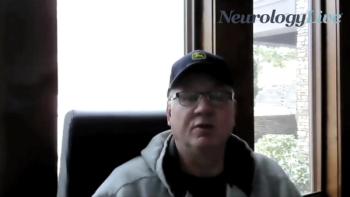
The director and founder of the Sleep Centers of Middle Tennessee discussed the gap between sleep apnea prevalence and testing.

The director and founder of the Sleep Centers of Middle Tennessee discussed the gap between sleep apnea prevalence and testing.
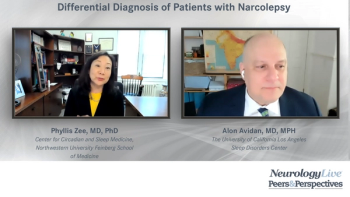
Key opinion leaders review reasons for diagnostic delay in narcolepsy including medical and psychiatric comorbidities and discuss diagnostic tools such as sleep diaries, polysomnograms, and cerebrospinal fluid testing.
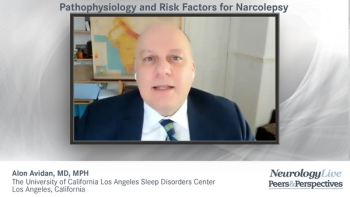
Expert neurologists discuss the pathophysiology of narcolepsy and examine the role of genetic predisposition, environmental triggers, and immune system involvement.
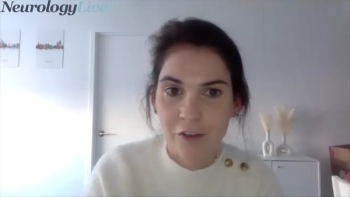
The postdoctoral researcher at Columbia University discussed her abstract from ACTRIMS Forum 2021 on the associations of MS diagnosis disclosure and concealment with anxiety and depression.
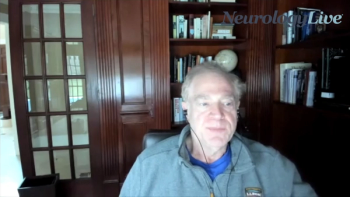
The director of the Montefiore Headache Center discussed the research he would like to see into the treatment, including the potential of combination approaches.
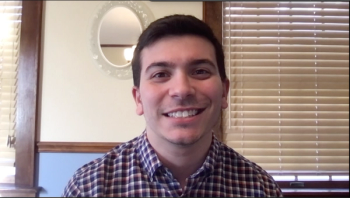
Neurology News Network for the week ending March 13, 2021.
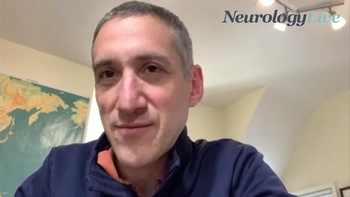
The senior investigator at the National Institutes of Neurological Disorders and Stroke discussed 2 treatments currently being evaluated for use in multiple sclerosis.
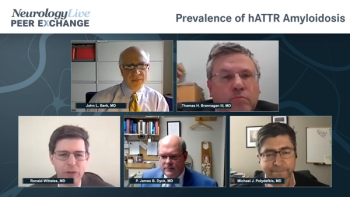
Analysis on the prevalence of hereditary ATTR amyloidosis.
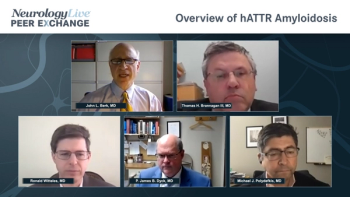
Panelists offer an overarching view into hereditary ATTR amyloidosis and differentiate the condition from wild-type ATTR amyloidosis.
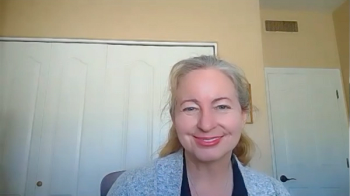
The executive vice president and chief research officer of the MDA gave an overview of the upcoming virtual annual meeting and her insight on what to look for.

The chief diversity, equity and inclusion officer at the Alzheimer’s Association discussed the findings of the association’s special edition of its annual Facts and Figures report.
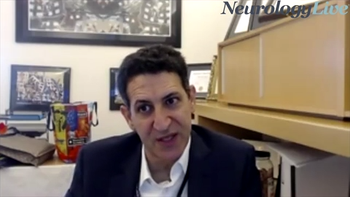
The director of the Lou Ruvo Center for Brain Health and neurologist at Cleveland Clinic discussed the research opportunities for repurposed anti-inflammatory drugs for Alzheimer disease.
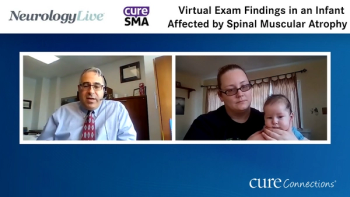
Garey H. Noritz, MD, walks us through a virtual pediatric neurological exam and notes examination findings that may be identified in an infant with Spinal Muscular Atrophy (SMA).
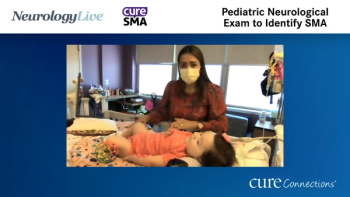
Diana Castro, MD walks us through a pediatric neurological exam and notes examination findings that may be identified in an infant with Spinal Muscular Atrophy (SMA).
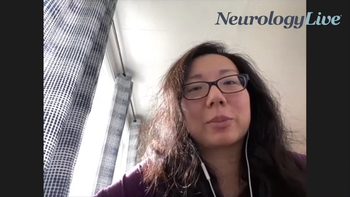
The neurologist from the University of Washington Medical Center discussed how the study of natalizumab adverse events came about and the importance of this monitoring period.
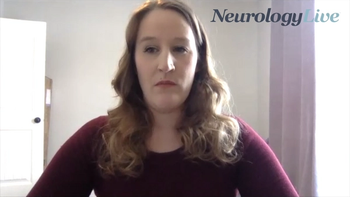
The PhD candidate at the neuroimmunology laboratory at Memorial University of Newfoundland discussed further research she would like to see conducted with IL-1RA in MS.
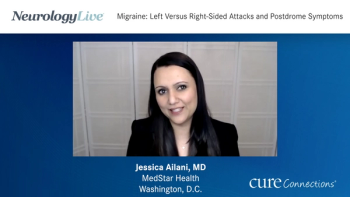
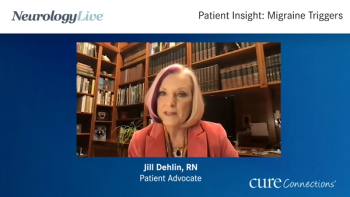
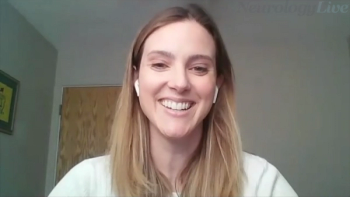
The director of research analytics at Cure SMA detailed the ways to decrease care management costs for patients with spinal muscular atrophy and the role incoming treatments can play.
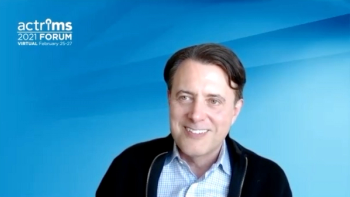
The chair of the Department of Neurology and the director of the Neuroscience Research Institute at The Ohio State University discussed the takeaways from his lecture at ACTRIMS Forum 2021.
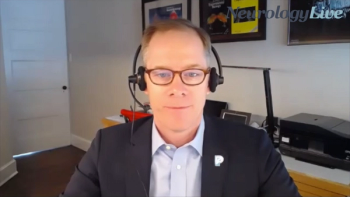
The chief scientific officer of the Parkinson’s Foundation also talked about the recent PD Health @ Home series created by the foundation.

The chair of the Department of Neurology and the director of the Neuroscience Research Institute at The Ohio State University also offered his insight on discontinuing treatment in progressive MS.
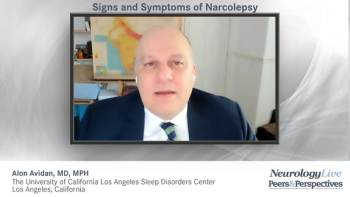
Key opinion leaders discuss symptoms associated with narcolepsy such as cataplexy, hallucinations, sleep paralysis, and excessive daytime sleepiness (EDS).
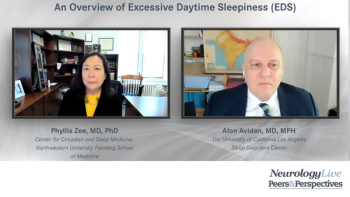
Experts in the management of sleep disorders provide an overview of excessive daytime sleepiness (EDS) including potential causes and consequences.
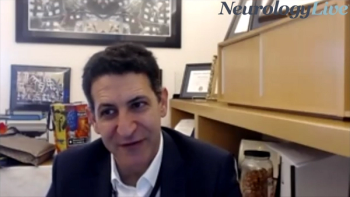
The director of the Lou Ruvo Center for Brain Health and neurologist at Cleveland Clinic provided an overview on how lenalidomide, an FDA-approved cancer drug, will be evaluated in Alzheimer disease.
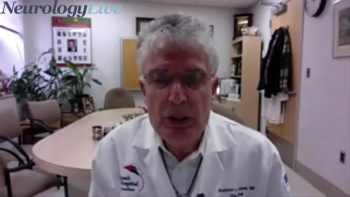
The duo from Montefiore Medical Center discussed new modifications to the 2017 International League Against Epilepsy (ILAE) classification of seizures and epilepsies, relevant to neonates.
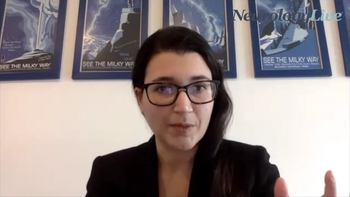
The neurologist from Massachusetts General Hospital discussed physician rationales behind prescribing DMT use in RIS.
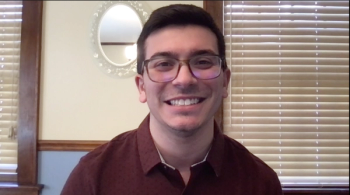
Neurology News Network for the week ending March 6, 2021.

The president of the Americas Committee for Treatment and Research in MS discusses his takeaways from this year’s virtual forum.
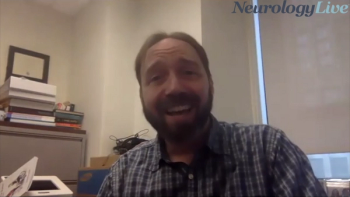
The assistant professor of neurology at Thomas Jefferson University discussed areas of poststroke care that need improvement including a more streamlined process.